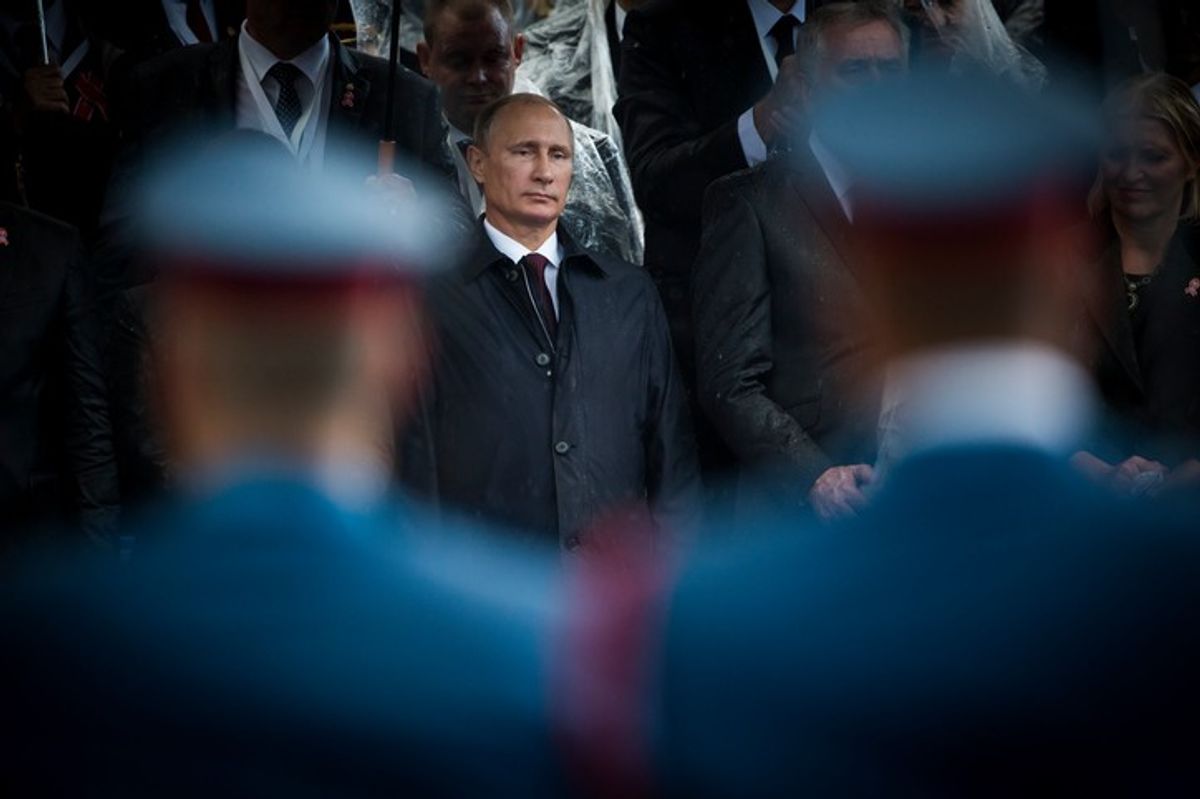South Africa’s ruling party since the end of apartheid in 1994, the African National Congress (ANC), has been dropping in popular support, exemplified by recent losses in local elections. With presidential elections coming up in 2019, The Cipher Brief’s Kaitlin Lavinder asked Prince Mashele, a South African national and Executive Director of South African think tank The Centre for Politics and Research (CPR), about the prospects for the party that has become almost synonymous with the country’s anti-apartheid leader Nelson Mandela.
The Cipher Brief: The ANC will choose a new party leader next year, ahead of the 2019 presidential elections. Can you talk about the different contenders for that position?
Prince Mashele: There are two contenders. The first is the current deputy president of the ANC and of South Africa Cyril Ramaphosa. The ANC has a history of its deputy president almost automatically becoming the president. That’s how current ANC and South Africa leader Jacob Zuma became president. So it is generally expected that Ramaphosa will become president of the ANC and ultimately of the country, if the ANC wins in 2019.
There are also big groups within the ANC that have raised the name of Nkosazana Dlamini-Zuma, who is Jacob Zuma’s former wife and the current chairperson of the African Union Commission. These two individuals are the contenders for ANC party leadership.
TCB: Following ANC losses in local elections last month, how likely is it that the ANC will win a majority in the 2019 national elections?
PM: The recent local government elections have demonstrated that the ANC is actually much more vulnerable than we had previously thought. If you look at the final results of those elections, the ANC is currently sitting at 54 percent, down from 62 percent in 2011, which is a massive drop. If the ANC experiences that kind of drop in the upcoming 2019 elections, the ANC will not be able to constitute a majority. In the likelihood that the ANC fails to make up a majority, it would mean that at the national level, we would again experience the situation we saw in August’s local elections in three big metropolitan areas: Nelson Mandela Bay, Johannesburg, and Pretoria. In these places, the local governments are now controlled by the national opposing party, the Democratic Alliance (DA). It is no longer expected or a given that the ANC will win the 2019 elections.
TCB: You said the ANC is “more vulnerable” – why? Why did the ANC lose those three major metropolitan areas in August?
PM: It lost because the ANC is now regarded in South Africa as a corrupt party. Over the past eight years or so, it has been led by a very compromised leader – Jacob Zuma – who has hopped from one scandal to the other, to the extent that at one point the highest court in South Africa determined Zuma violated our country’s constitution.
The sense of the public is that the ANC is arrogant, and it does not listen to the consensus of ordinary South Africans. I am not surprised by the showing of the ANC in the last elections, because it is regarded as a result of long-standing consensus by the South African public.
The ANC has also generally failed to bring down unemployment. In other words, the poor living conditions of black South Africans have not fundamentally changed since the ANC took power in 1994. There’s a feeling that the ANC has failed to meet the expectations of its constituency—black South Africans.
TCB: In the 2019 elections, do you think it is likely that if the ANC keeps doing poorly, the DA could get a more than 50 percent majority? Or would the opposition parties have to try to create a coalition government?
PM: If you look at where the DA is now, in terms of electoral support, they are not doing extremely well. It is highly unlikely that in 2019 they would clinch a majority.
The likely scenario, if the ANC does not win the elections, would be that the ANC could still be a majority party in the sense that it would lead, in terms of electoral support, but fail to pass the 50 percent mark. Then the DA would be number two, in my view, and the Economic Freedom Fighters (EFF) would be number three. So we could have a situation where if opposing parties agree, they could constitute a coalition government while the ANC, in reality, still leads in terms of electoral outcome (but without being able to gain a majority). That is more or less where we would likely go if the ANC fails to clinch a majority, which is most likely.












